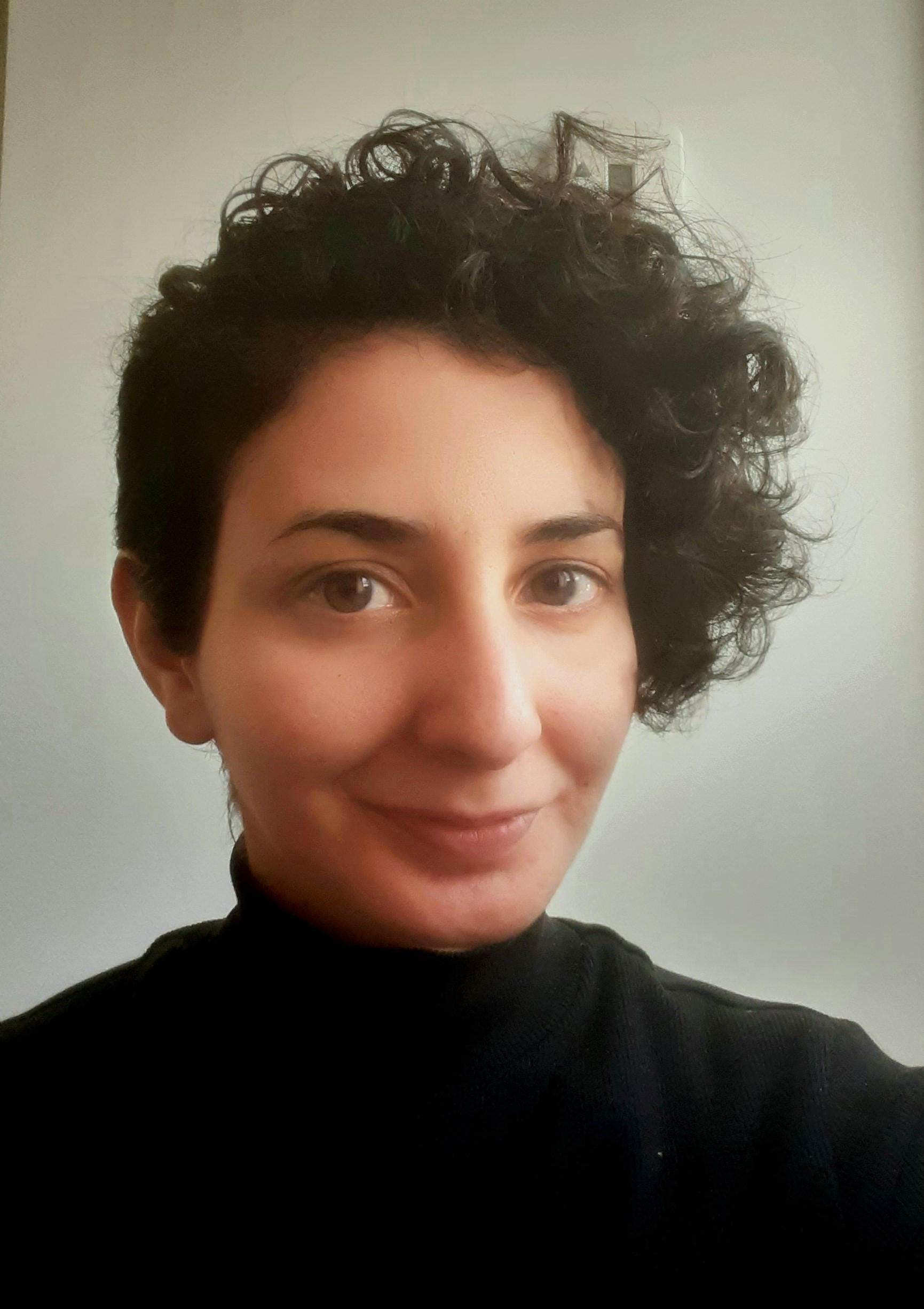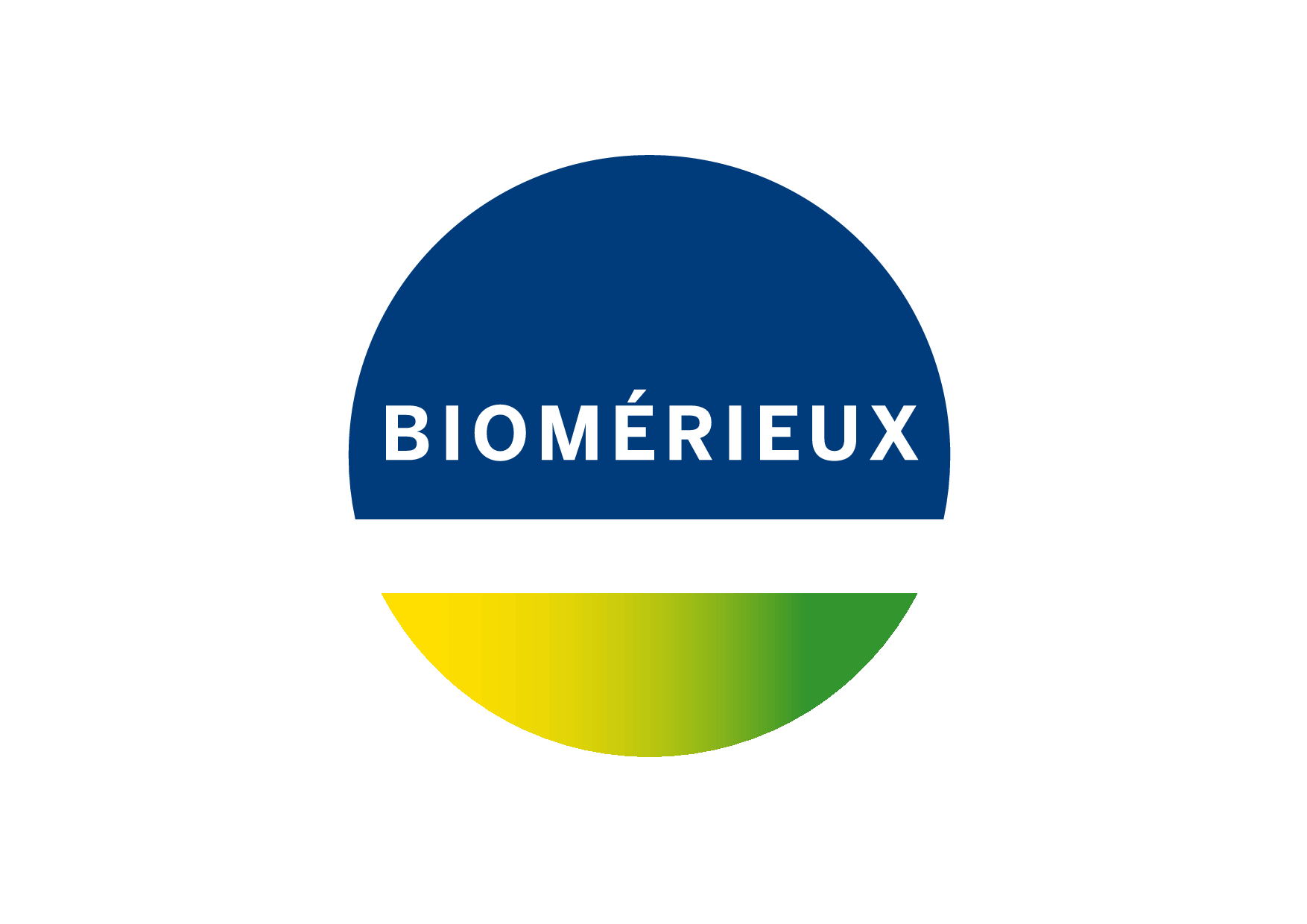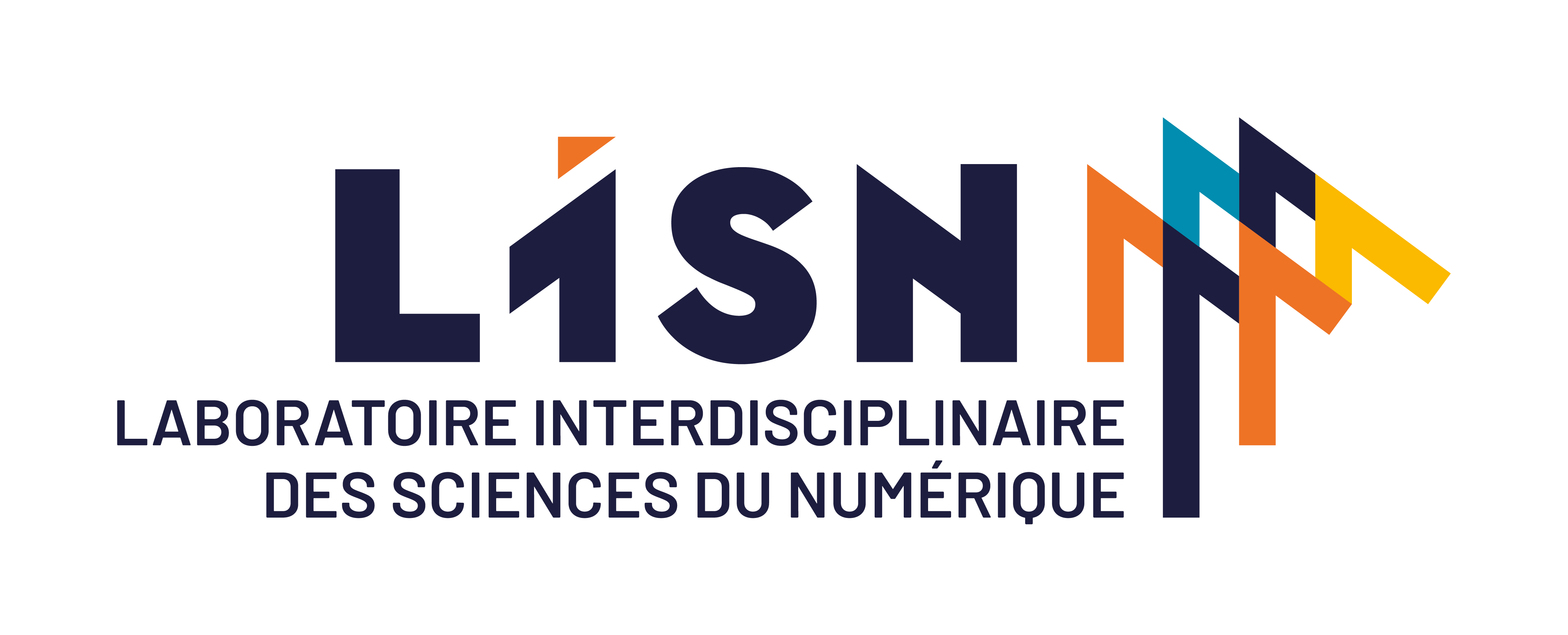
| Home | Call for abstracts | Program | Abstracts | Practical information |
Next-generation sequencing (NGS) technologies are getting cheaper and cheaper, making it possible to sequence massive panels of microbial genomes. Accordingly, NGS is becoming a key technological pillar to understand and fight microbial infections. This was exemplified in the context of the on-going COVID-19 pandemic, where NGS technologies offered the possibility to identify novel variants of the SARS-CoV2 virus, and to monitor in real-time their worldwide evolution. Likewise, they are increasingly used to decipher the genetic bases of antimicrobial resistance (AMR), which is among the most important public health concerns. They also allow us to characterize with an unprecedented level of resolution the diversity of microbial flora, making it possible to investigate the relationship between microbiomes and various diseases, thereby opening new avenues in terms of diagnostics and therapies.
The improvement and increasing accessibility of NGS data call for innovative data analysis strategies to extract meaningful and actionable information. Machine learning approaches are more and more popular in this context, offering alternative and complementary tools beyond bioinformatics to analyze genomic data. Our objective is to gather a community of researchers working at the interface of machine learning and computational biology to study microbial genomic data.
Typical problems of interest include:
 |
 |
| Alice McHardy | Nicole Wheeler |
 |
 |
 |
 |
| Meriem El Azami | Laurent Jacob | Flora Jay | Pierre Mahé |


